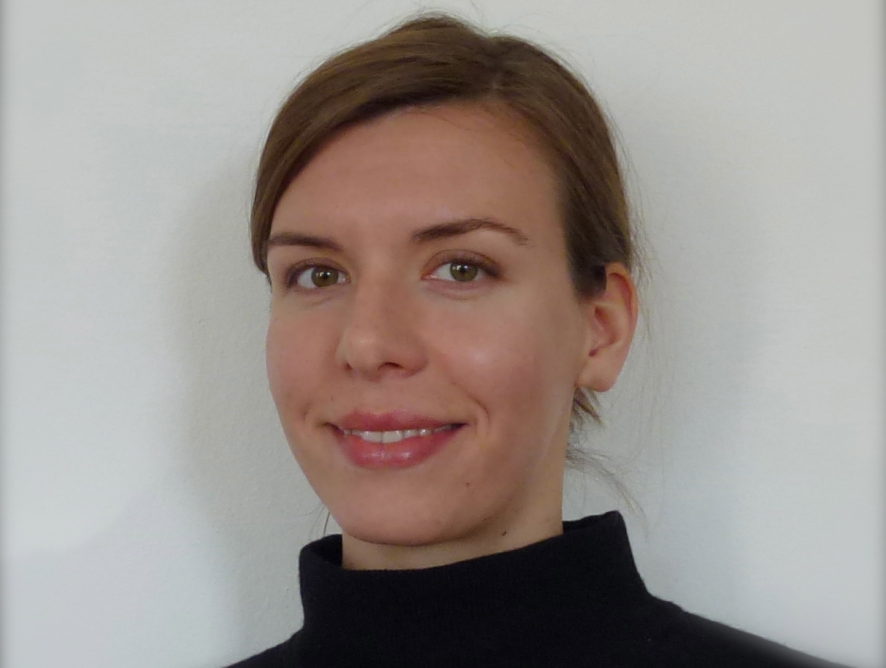Alanna Krolikowski was a visiting professor of modern Chinese society and economy in the Institute for Sociology and Department of East Asian Studies. She was previously a postdoctoral Princeton-Harvard China and the World Fellow at Harvard University’s Fairbank Center for Chinese Studies. Dr. Krolikowski is revising a book manuscript on China-U.S. trade and in civil-commercial aircraft and spacecraft manufacture.
Where did you study? What did you study? In which field are you working in? etc.
I did my PhD at the University of Toronto in political science with concentrations in international relations and comparative politics. My BA is from McGill University. Now, I study and teach China’s political economy and relations with the rest of the world.
What are your main research interests?
My research focuses on China’s high-technology programs, specifically in aeronautic, space, and information technology. My major research project examines China-U.S. trade in sensitive aircraft and space items.
What are your current projects?
My latest research project examines China’s programs for navigation and Earth observation satellites, the Internet of Things, and informatics systems developed by large state-owned enterprises. It explores why the Chinese state’s strategies to promote innovation work in some areas, but not others.
What led you to pursue this research?
I was intrigued by the Chinese space program, which accomplished its first human spaceflight mission in 2003, making China only the third country in history independently capable of such a feat. At the time, it was puzzling that the government of a developing country should direct scarce public resources to risky, demanding technical projects unlikely to yield major social and economic returns.
How is your research unique?
To the best of my knowledge, no one else has so far conducted as many firsthand interviews of senior professionals in China’s aerospace sectors (over 80). These individuals contribute valuable insights into how China’s technological and industrial transformation is occurring in practice – in the lab and on the factory floor.
How do you want to use your fellowship for your research?
I’m here in a visiting teaching and research position. In addition to teaching courses about China’s economy and society, which I find very rewarding, I’m working on a book manuscript about China-U.S. trade in sensitive aircraft and space articles.
How would you describe your work’s importance to an interested lay audience?
Why would the leaders of a poor developing country still struggling to achieve comprehensive rural electrification and primary healthcare devote scarce resources to launching a person into outer space? The answer lies in a community of elite engineers who had the ears of China’s leaders in the 1980s and convinced them that national space capabilities were necessary. My research takes a close look at these influential engineers and how their values shape policy in China.

